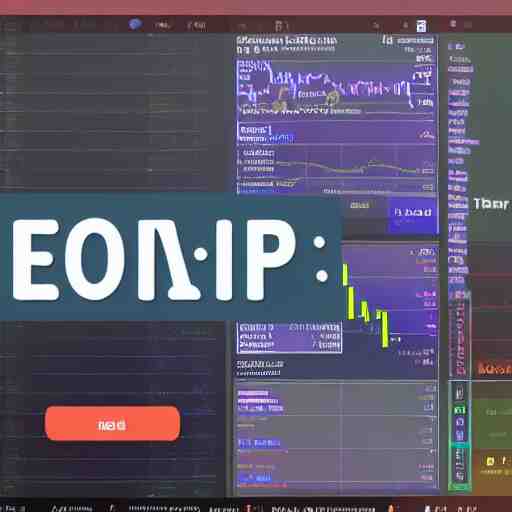So, read this Beginners Guide For Using Commodity Futures API In 2022 and see all the benefits of this API.
Commodity Futures API
A commodity is an item that is in demand and that has a price associated with it. The price is determined by supply and demand. There are different types of commodities, such as energy, food, metals, and more. Commodity futures are contracts that allow you to buy or sell a commodity at a predetermined price on a specific date in the future. If the price of the commodity is higher than the predetermined price, you receive a profit. If the price is lower, then you lose money.
Commodity futures have been used to hedge against market risk for many years, but they have also been used to speculate on future commodity prices. In order to hedge against risk, people use commodities to lock in prices or to insure against future price changes. They do it by investing in futures contracts. A futures contract is an agreement between two parties to buy or sell an asset at an agreed-upon price at a specified future date. If you want to learn more about futures contracts, check out our post about commodity futures terminology or our post about how futures contracts work.
Commodity futures can be used for hedging against market risk or for speculating on future market movements. Hedging involves using the futures market to lock in a price for an asset you already own, so that if the market moves against you, you can sell your futures position to minimize your loss. Speculating on commodity futures involves buying futures contracts where you expect the underlying commodity markets to move in your favor. This strategy can be profitable if you’re correct; however, if you’re wrong and the market moves against you, then you can lose a lot of money very quickly.
Commodity futures are often used by producers, consumers, and traders of various commodities (such as gold, oil, coffee beans, corn, etc.) as a form of hedging against market risk or as a way to speculate on future commodity prices. By investing in commodity futures, these parties can reduce their exposure to market risk and increase their potential return on investment.
Futures trading on commodity exchanges dates back as far as 1848 when Phillip Streible established a coffee house for coffee traders in New York City. The first recorded sale of corn futures occurred in Chicago in 1874 at the Board
Check different Commodity rates with this API. Get the latest price, prices per date, open, close, and much more.
To make use of it, you must first:
1- Go to Commodities API and simply click on the button “Subscribe for free” to start using the API.
2- After signing up in Zyla API Hub, you’ll be given your personal API key. Using this one-of-a-kind combination of numbers and letters, you’ll be able to use, connect, and manage APIs!
3- Employ the different API endpoints depending on what you are looking for.
4- Once you meet your needed endpoint, make the API call by pressing the button “run” and see the results on your screen.



